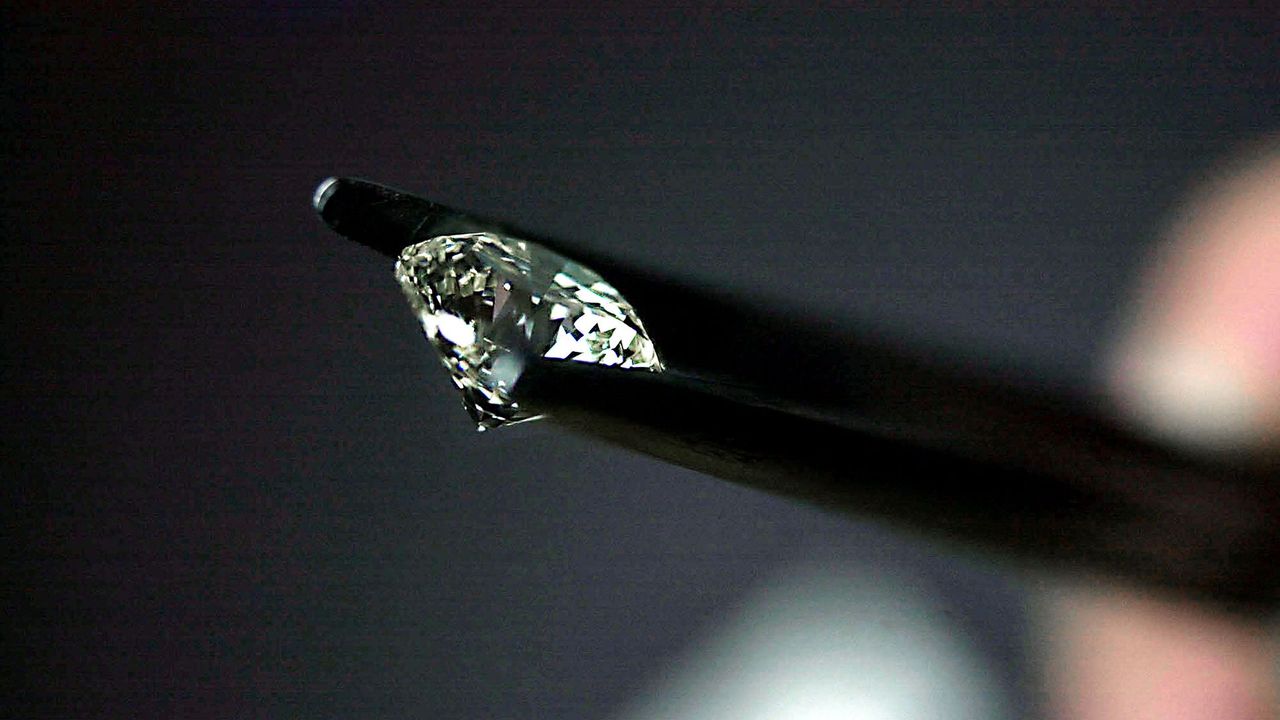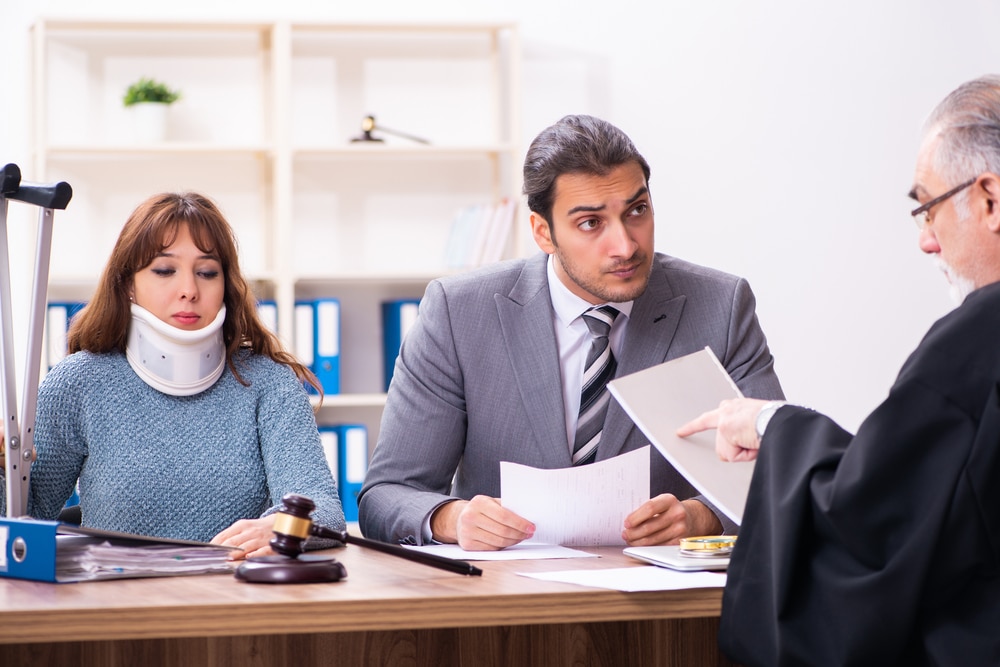When you sustain a traumatic brain injury as a result of another party’s negligence, it’s important to engage an experienced brain injury attorney, also called a neurolawyer. Whether your injury resulted from a slip or fall, a road accident, medical negligence or any other type of trauma, you will need an expert brain injury lawyer who will understand what is required to best prove your injury and subsequent damage to a jury or insurance company.
Brain injuries and resulting damage is different from many other injuries, such as fractures for example, in that they cannot always be seen. There are, however, many factors that will assist in proving brain injury and damage and thus maximize your compensation.
Table of Contents
Early Diagnosis
The more thoroughly your injuries and resulting symptoms are documented the better, as one thing a lawyer will do is look to see how soon after the incident a diagnosis of brain injury and/or concussion was reached. This will often occur at the first doctor’s appointment after the incident, whether that be in an urgent care facility, emergency room or any other medical provider.
If no diagnosis is documented from that first session, they will look to see if there were any concussion symptoms listed, as there are some instances whereby concussion or brain injury is present but not yet diagnosed.
Possible symptoms of concussion include:
- Physical – headache, nausea, vomiting, fatigue, dizziness, numbness
- Cognitive – feeling foggy, difficulty concentrating or remembering, confusion
- Emotional – Irritability, nervousness, sadness, anxiety
- Sleep-related – drowsiness, sleep more or less than usual, insomnia
Making sure that you are clear as to your symptoms and fully and honestly present them all to your health care providers assists greatly in any future litigation.
Neuropsychological Testing
Depending upon your symptoms, it may be necessary for your attorney, physician or insurance company representative to request that you undergo some neurological testing. This is an in-depth medical evaluation of abilities and skills linked to brain function. The tests measure such things as problem solving, memory, attention, language, social-emotional functioning, visual-spatial skills and more. Neuropsychological testing can be very helpful in determining the deficits you have sustained as a result of your brain injury and what treatments may be most beneficial to you. It can also help to establish a link between your deficits and the incident that caused your injury.
Ongoing Treatment
Most mild concussions and traumatic brain injuries heal completely over time, however some can take weeks, months or even years to improve. In the event that you have sustained a brain injury that continues to cause problematic symptoms, it is important to receive ongoing treatment from appropriate medical professionals.
In addition to medical professionals like doctors and neurologists that are trained to medically handle brain injuries, there are many other therapies that can assist with recovery and symptom management. These include psychological, cognitive, speech, physical and occupational therapies amongst others. Therapies such as these can be costly, so check whether your health insurance covers for any of them.
Neuro-Imaging
It may be necessary to undertake a range of tests to establish the extent of your brain injury. Whilst CT scans and MRI’s are used to detect brain bleeds and swellings, there are other imaging studies that can detect other aspects of brain injuries.
Susceptibility Weighted Imaging – Using this imaging, very tiny bleeds, known as micro hemorrhages can be detected
Diffusion Tensor Imaging – Using an MRI machine and special software, this imaging is particularly sensitive to picking up damage to the brain’s white matter tracts
Neuroquant – This test measures the structure and volume of the brain and compares the results to normative data to assist with neurological diagnosis. This can also be carried out at different stages to measure the differences in the brain for atrophy (brain damage)
Witnesses
When proving a traumatic brain injury to an insurance company, judge, jury or defence counsel, it is important to have witnesses that knew you before the collision. They can then attest to who you were before the injury, how you have changed and how the incident and injury has affected you. These witnesses can be anyone from family and close friends to acquaintances, colleagues or supervisors.
Past Medical History
When establishing proof of a brain injury and resulting brain damage, it is important to understand a person’s past. An experienced brain injury lawyer will order as many prior medical records as possible, as well as work and education history. Understanding a person’s prior level of functioning is essential in establishing the impact that a brain injury has had, and whether there is anything in their background that may be contributing to the ongoing symptoms.
When engaging with an attorney for an traumatic brain injury claim, it is essential to be completely transparent and thorough with any and all past and present details to ensure the best possible outcome.



















